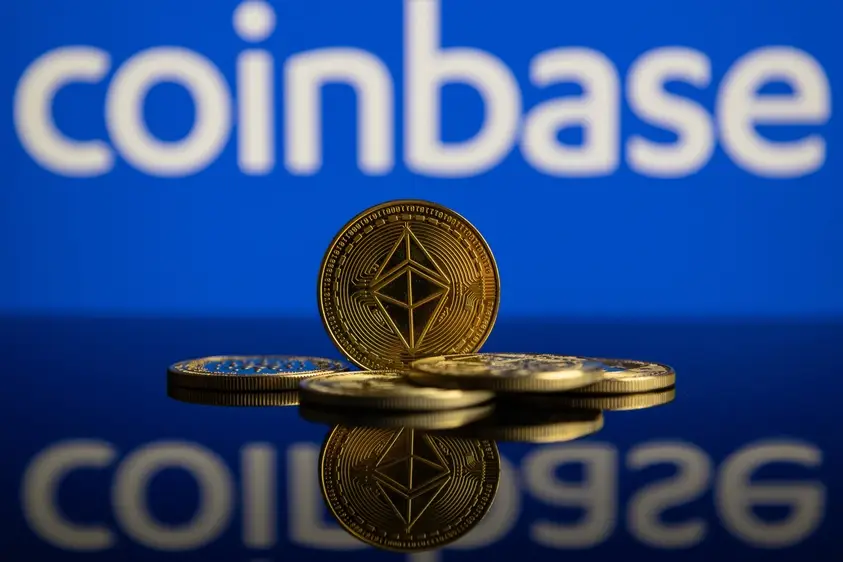During Coinbase’ Q3 earnings call, CEO Brian Armstrong highlighted the growing popularity of mention markets while inadvertently underscoring why their future may be in doubt.
About 40 minutes after confirming that prediction markets are part of the company’s ambitious “everything exchange” vision, Armstrong rattled off a barrage of keywords that settled every strike in the event’s mention market as a ‘Yes’.
“Um, I was a little distracted because I was tracking the prediction market about what Coinbase will say on their next earnings call. And I just want to, you know, add here the words Bitcoin, Ethereum, blockchain, staking, and Web3 to make sure we get those in before the end of the call.”
At the end of the Coinbase earnings call today, Brian Armstrong pulled up the mention market and rattled off all the words that weren’t said yet
What a wild time to be alive pic.twitter.com/4E5eldFkE4
— Tyrael (@0xTyrael) October 30, 2025
Armstrong followed up on X, explaining that it happened “spontaneously when someone on our team dropped a [prediction markets] link in the chat.”
Sorry, ‘No’ holders…talk about a bad beat.
Mixed reactions to Coinbase CEO earnings call mentions
The unexpected turn of events drew predictably mixed reactions from traders.
- “This is bad for mention markets and PM overall. Mention markets were always a gimmick and prone to manipulation – did he tell anyone beforehand? Did they trade?” one X user said. “Geopolitics, Econ, insurance are great use cases – more of those and fewer gimmicks”
- On Kalshi’s Discord, users debated whether the stunt puts the category at risk: “For us, sure—it’s part of the game. I’m not sure regulators will see it that way,” one comment read.
- Others offered analogies. “If SGA stopped shooting mid-game because there was $50M on his points spread, he’d probably get investigated” one person said. “If SGA did that, it’d ruin the basketball game. Brian Armstrong on the other hand didn’t ruin the earnings call,” another responded.
- “You can’t force a guy to do something or not do something just because strangers made a third party gambling market about him.”
Good or bad for prediction markets?
In recent months, Kalshi has leaned into mention markets across TV, sports broadcasts, earnings calls, and political speeches as a splashy onboarding tool that turns otherwise niche events, like a White House press conference, into a quick sweat for punters.
Armstrong’s nod both validates their popularity and illuminates a design issue.
Mention markets are already difficult to “market make,” and it’s very likely that market makers have taken a beating by seeding them with liquidity. For now, as prediction market platforms prioritize user acquisition, that’s fine but eventually the well will dry up.
When it does, independent market makers are unlikely to fill in the void if it means exposing themselves to manipulation and insider trading.
Regulatory scrutiny looms
Absent improper trading, Armstrong himself didn’t commit any violation just for speaking. More plausibly—though still unlikely under the current regulatory regime—the Commodity Futures Trading Commission (CFTC) could shut down mention markets altogether.
The CFTC rulebook and guidelines say that designated contract markets (DCM) must list contracts “not readily susceptible to manipulation.”
There’s no denying that mention markets are easily gameable by a speaker or someone close to them. As prediction markets grow, so do the incentives for manipulation and insider trading, which seems all too inevitable when dollars hang on every last word.

























